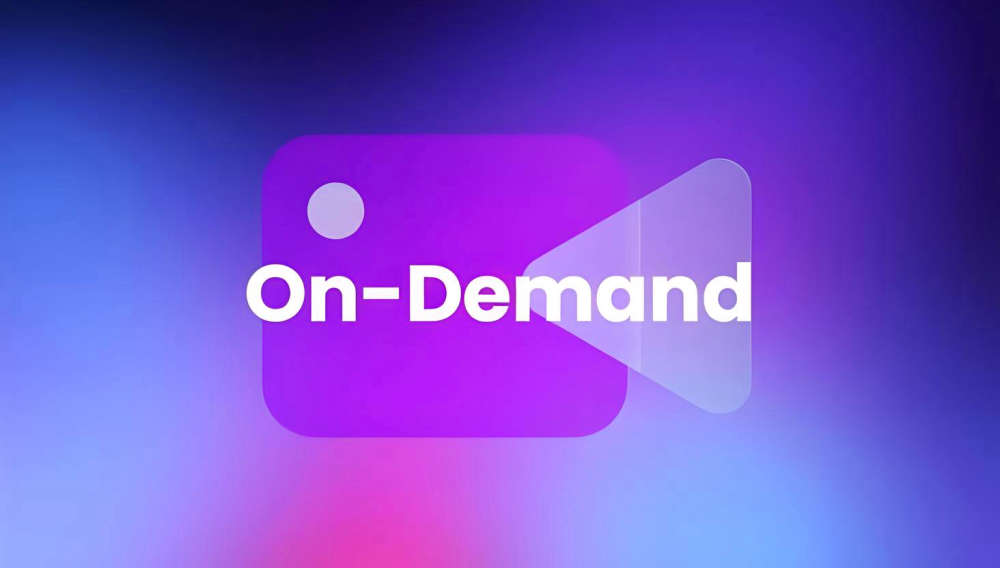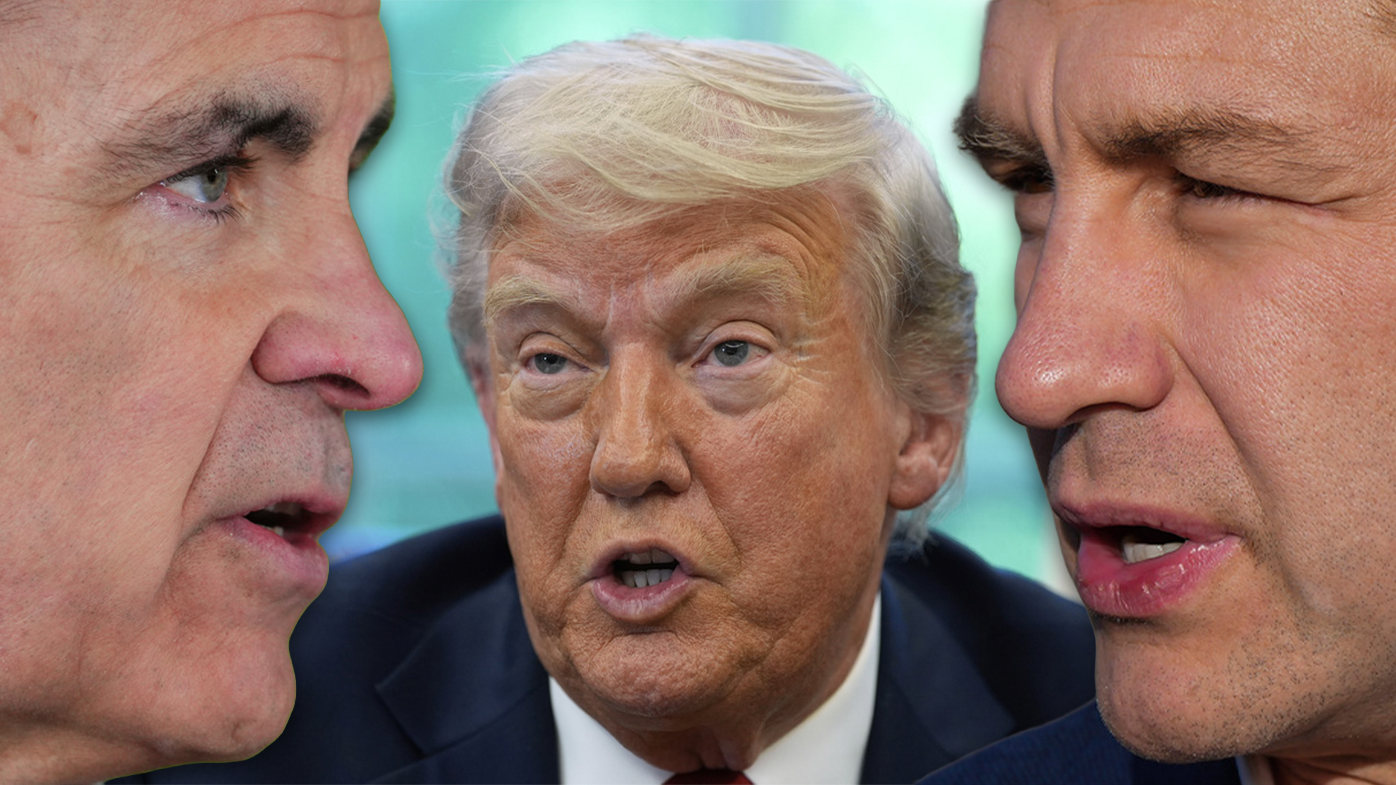
"The ballot question is who is the person we are going to choose to face Trump. Everything has changed."
Donald Trump might as well be on the ballot when Canadians vote for a new government.
The US president's trade war and threats to make Canada the 51st state have infuriated Canadians and led to a surge in nationalism that has helped the Liberal Party flip the narrative heading into Monday's parliamentary election, at least in opinion polls.
"Trump is the campaign," former Quebec Premier Jean Charest said.
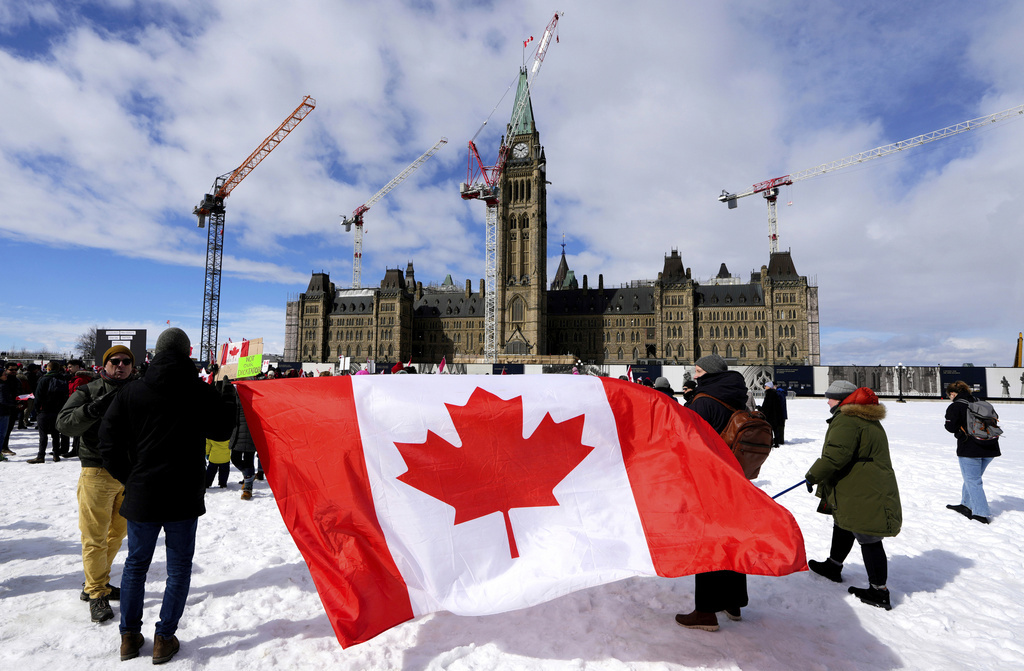
"The ballot question is who is the person we are going to choose to face Trump. Everything has changed."
Foreign policy hasn't affected a Canadian election this much since 1988, when, ironically, free trade with the United States dominated the political discourse.
Prime Minister Mark Carney, the Liberal leader who was sworn in on March 14 following Justin Trudeau's resignation, led in the polls heading into Monday, marking a dramatic turnaround for a party that seemed destined for a crushing defeat until Trump started launching broadsides at Canada's economy and sovereignty.
"We are in a crisis. President Trump is threatening Canada, he's threatening our companies, he's threatening our workers, he's threatening the savings of our retirees," Carney said on Tuesday.
"This threat is not only an economic threat, it is an existential threat."
Until a few months ago, Conservative Party leader Pierre Poilievre was seen as a shoo-in to become the next prime minister by shepherding his opposition faction back into power for the first time in a decade.
READ MORE: Five charged after brawl at Sydney U7s football game
Trump's tough talk could hurt his ideological allies abroad
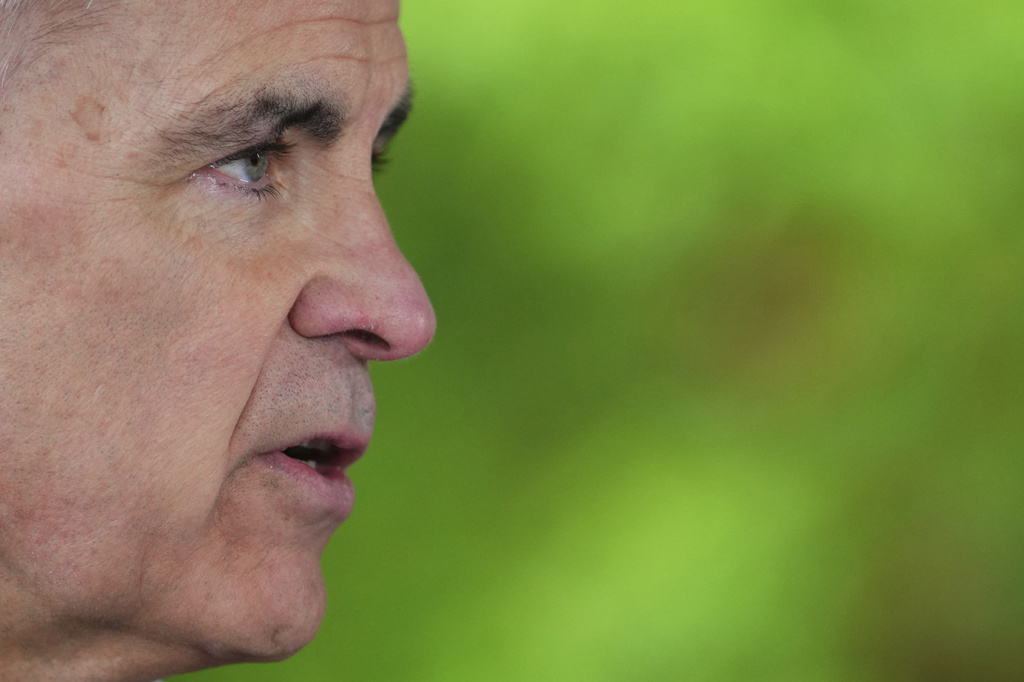
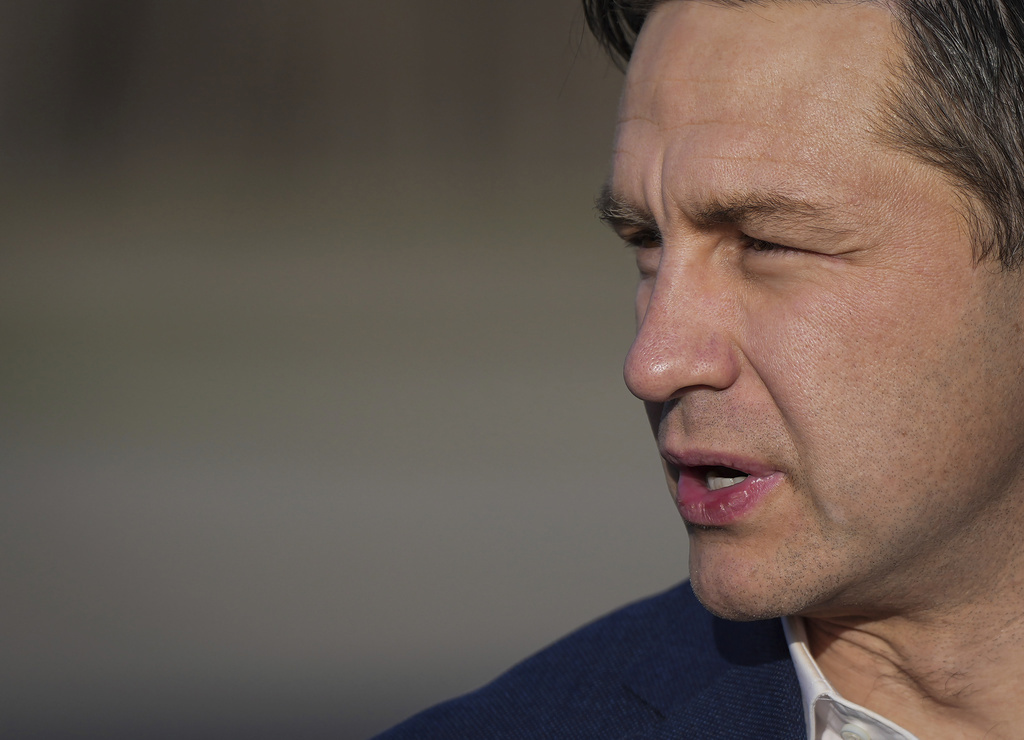
Charest, a moderate who led Canada's French-speaking province from 2003-2012, said if Trump wants to help his ideological allies abroad, he needs to tone down the bluster.
"At what point are the Trump folks going to think this thing through and measure what are the consequences?" Charest said.
"In the White House, they should sit down and think about the effect Trump has in the world," he added.
Carney has accused Trump of severing the close relationship that Canada and the US long enjoyed.
Poilievre, meanwhile, would be "very much in sync" with the "new direction in America", said Alberta Premier Danielle Smith, a Conservative ally.
As such, Poilievre has offered a more muted response to Trump's rhetoric and economic manoeuvring, imploring Canadians to deny the Liberals a fourth-straight term after what he described as "a lost Liberal decade."
READ MORE: Massive explosion at Iranian port kills 28 and injures hundreds
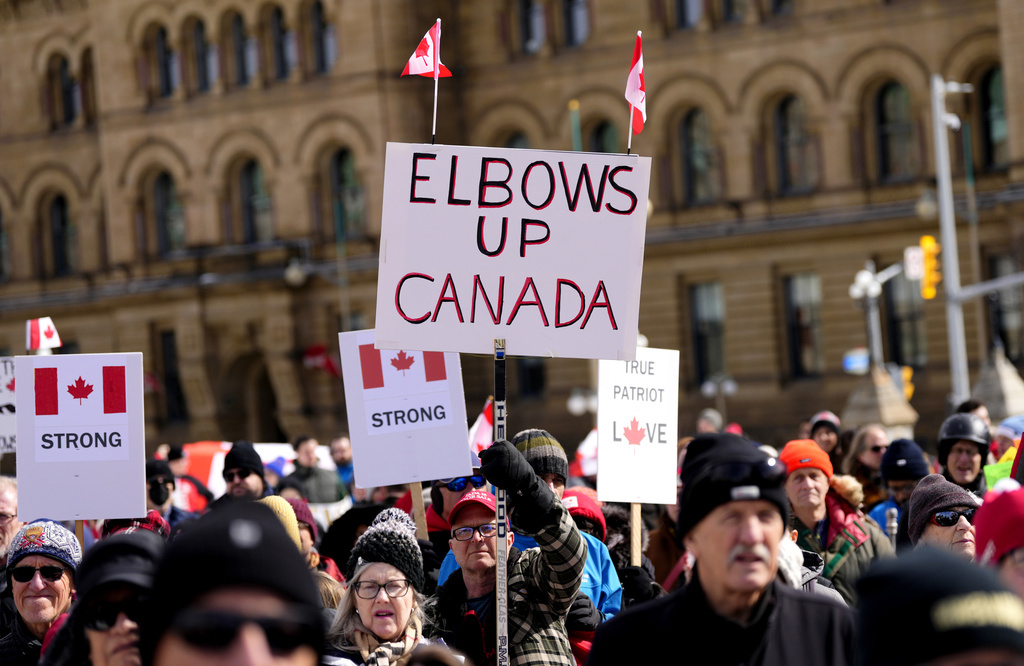
What will the result of Canada's election mean for the US?
Trump has threatened to slap steep tariffs on Canadian goods, and both Carney and Poilievre said that, if elected, they would accelerate renegotiations of the countries' free trade deal in an effort to end the uncertainty hurting both of their economies.
Carney plans to diversify Canada's exports and is reviewing the remaining purchase order of US F-35 fighter jets to see if there are other options "given the changing environment". Carney visited Paris and London, not Washington, for his first trips as prime minister.
But almost 80 per cent of Canada's exports go to the US.
"Let's be honest, if Canada does a remarkable job — a remarkable job — of diversifying trade, what is that going to look like?" said former Foreign Minister John Baird, noting that even shifting 3 per cent - 5 per cent over five years would be quite an achievement.
"Let's keep our eye on the main ball. They are 78 per cent of our customers so we need to tackle that challenge," said Baird, a Conservative who works as a senior adviser at a law firm.
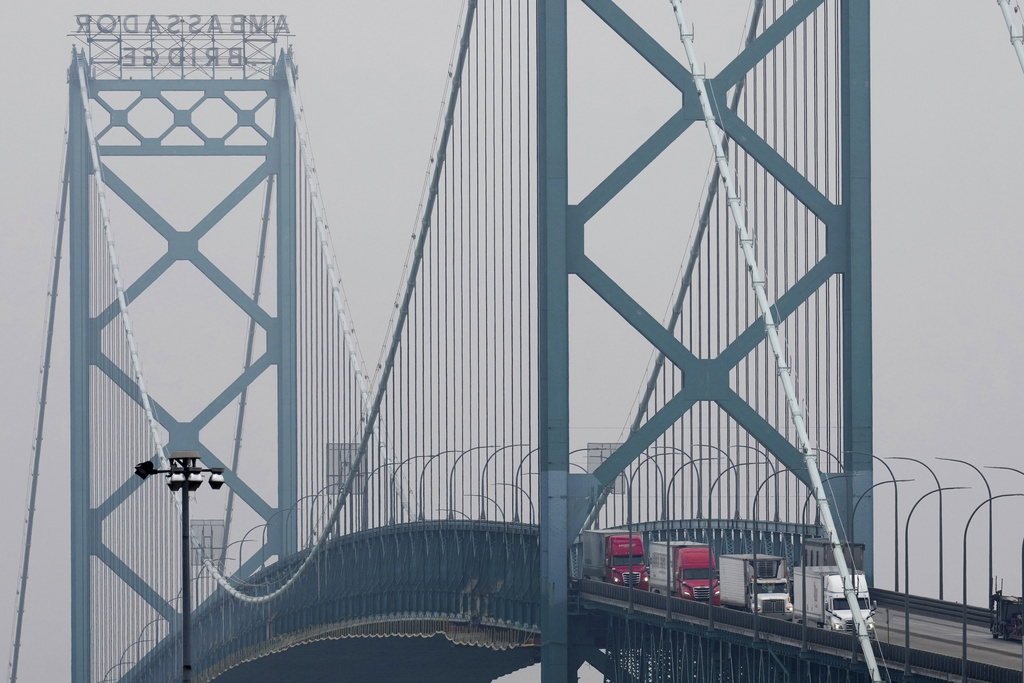
What do the polls say?
In a mid-January poll by Nanos, Liberals trailed the Conservative Party by 47 per cent to 20 per cent.
In the latest Nanos poll, which was conducted during a three-day period that ended April 26, the Liberals led by 4 percentage points nationally and 6 points in Ontario, Canada's most populous province, which has 122 of the 343 seats in Parliament.
The January poll had a margin of error 3.1 points, while the latest poll had a 2.7-point error margin.
DOWNLOAD THE 9NEWS APP: Stay across all the latest in breaking news, sport, politics and the weather via our news app and get notifications sent straight to your smartphone. Available on the Apple App Store and Google Play.
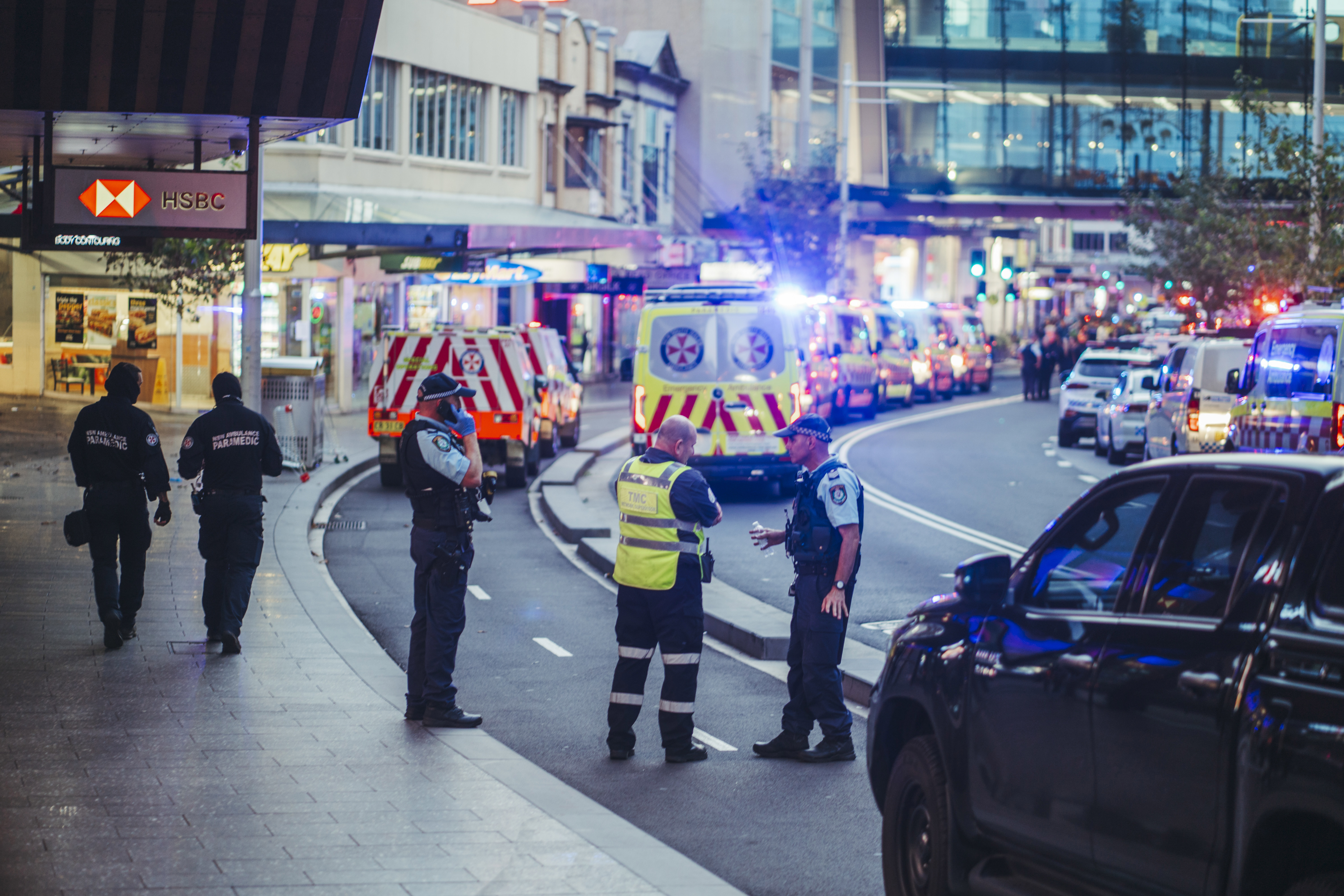 Bondi Junction killer was eligible for gun licence before attacks, court hears
Bondi Junction killer was eligible for gun licence before attacks, court hears
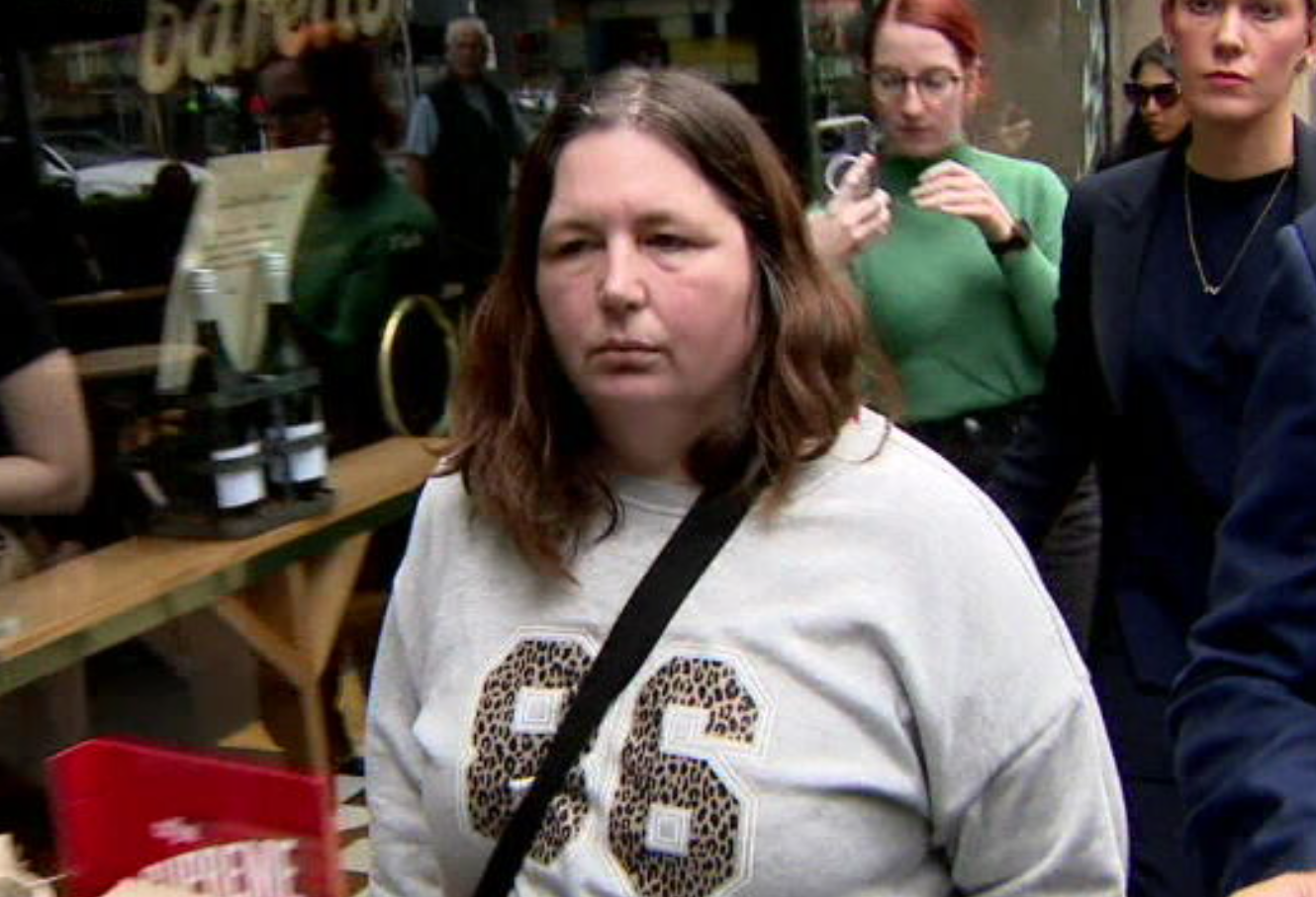 Highly anticipated mushroom triple murder trial to begin in regional Victoria
Highly anticipated mushroom triple murder trial to begin in regional Victoria
 Student accused of murder impersonated woman found in 'body box', court hears
Student accused of murder impersonated woman found in 'body box', court hears
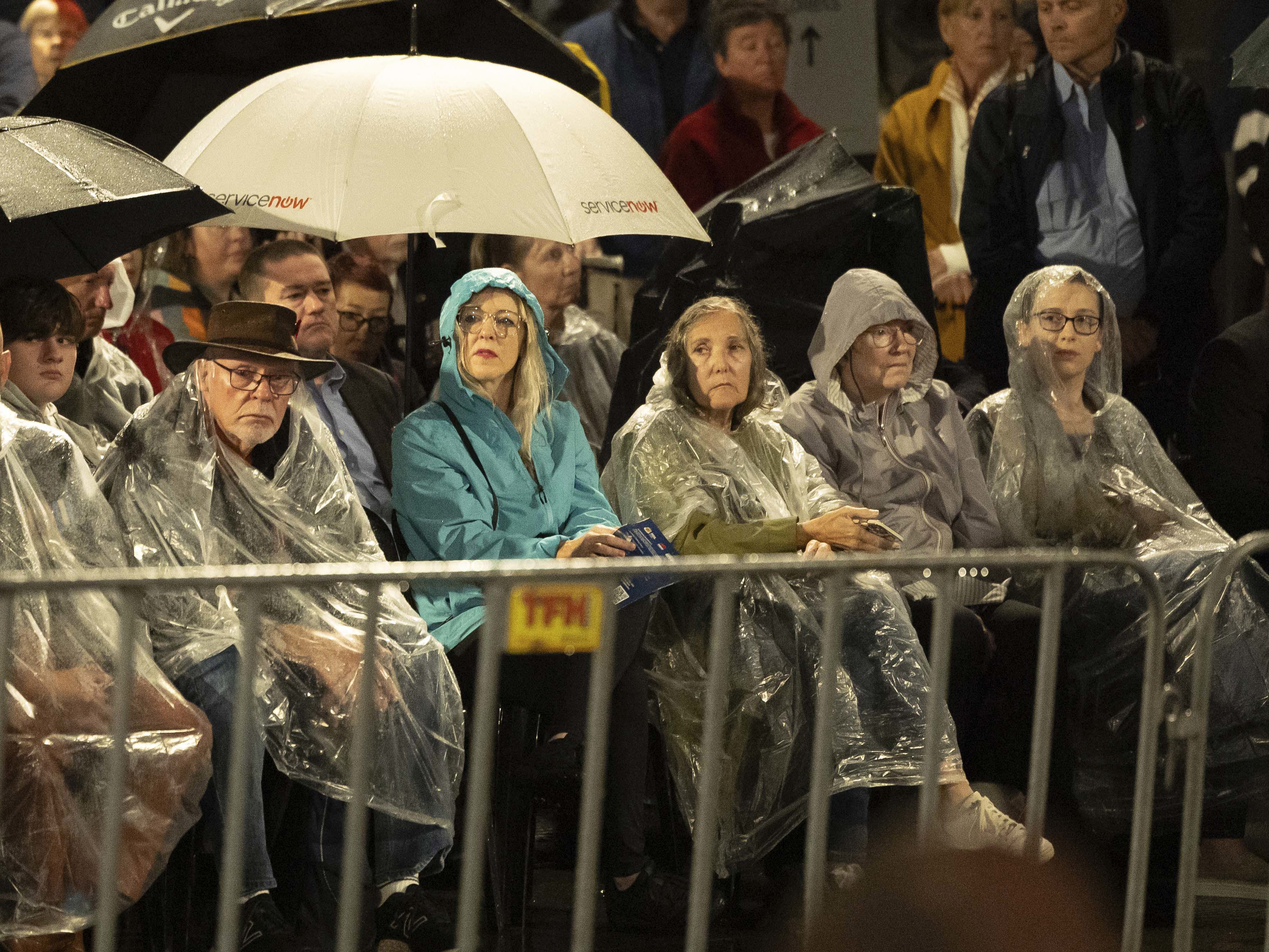 Multiple people rescued from floods as NSW cops deluge
Multiple people rescued from floods as NSW cops deluge
 Tributes flow for world-class motocross star after competition crash
Tributes flow for world-class motocross star after competition crash
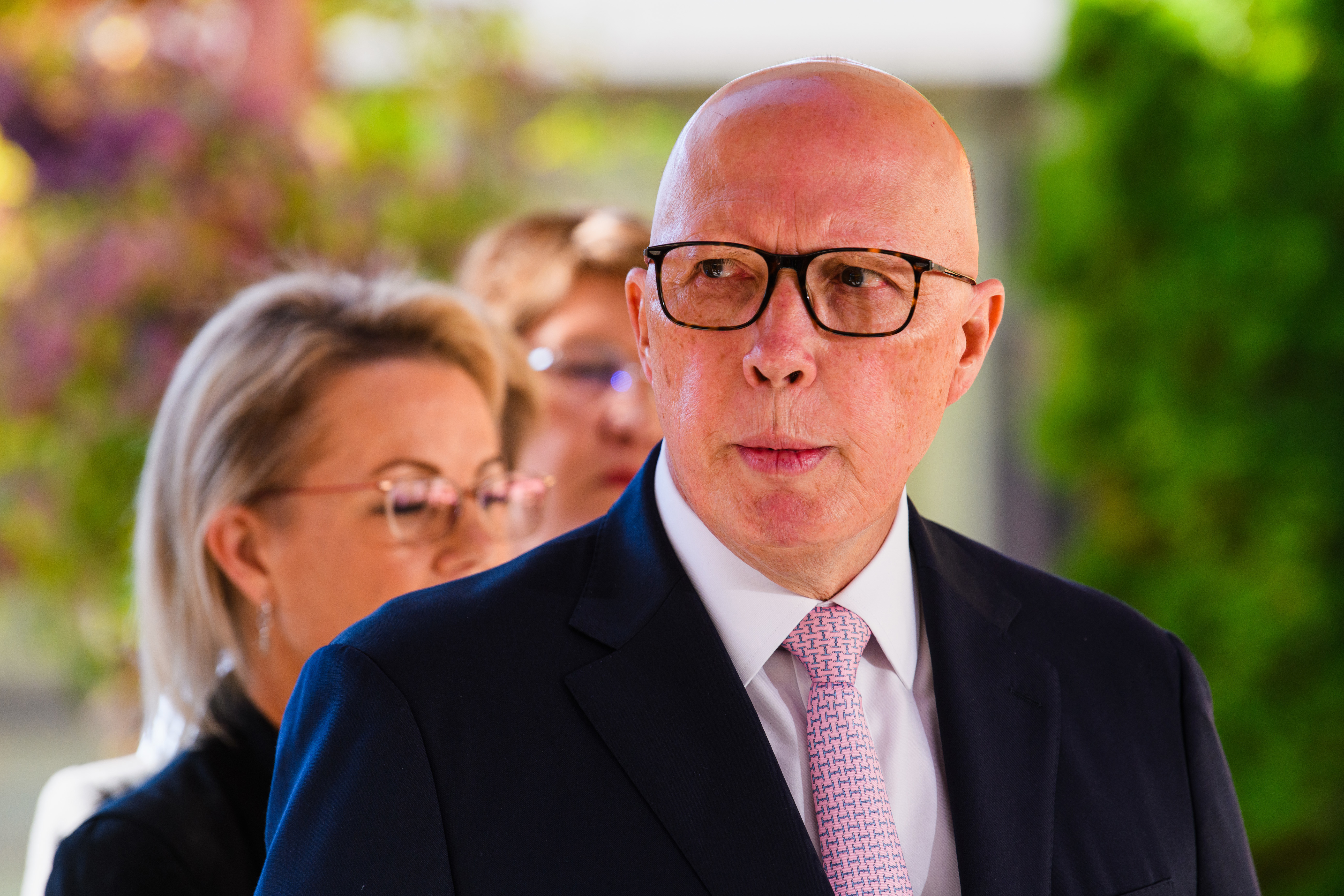 As it happened: Dutton in fiery exchange over 'hard questions'
As it happened: Dutton in fiery exchange over 'hard questions'
 Woman was 'in constant fear' before being stabbed 78 times, court hears
Woman was 'in constant fear' before being stabbed 78 times, court hears
 Sharks could bite humans as a form of self-defence, study finds
Sharks could bite humans as a form of self-defence, study finds
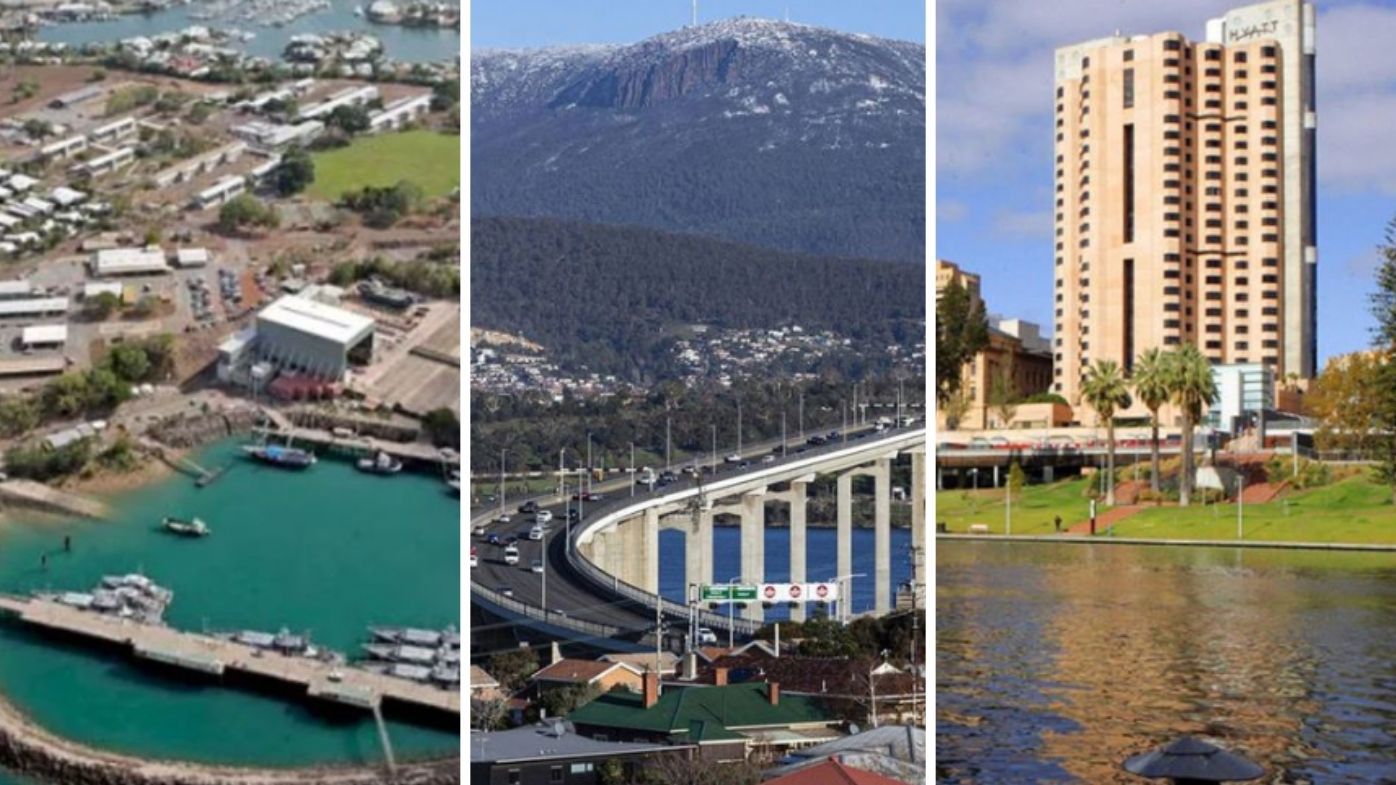 Where the powerhouse economies of Australia
Where the powerhouse economies of Australia
 The highest paying jobs in the construction industry
The highest paying jobs in the construction industry
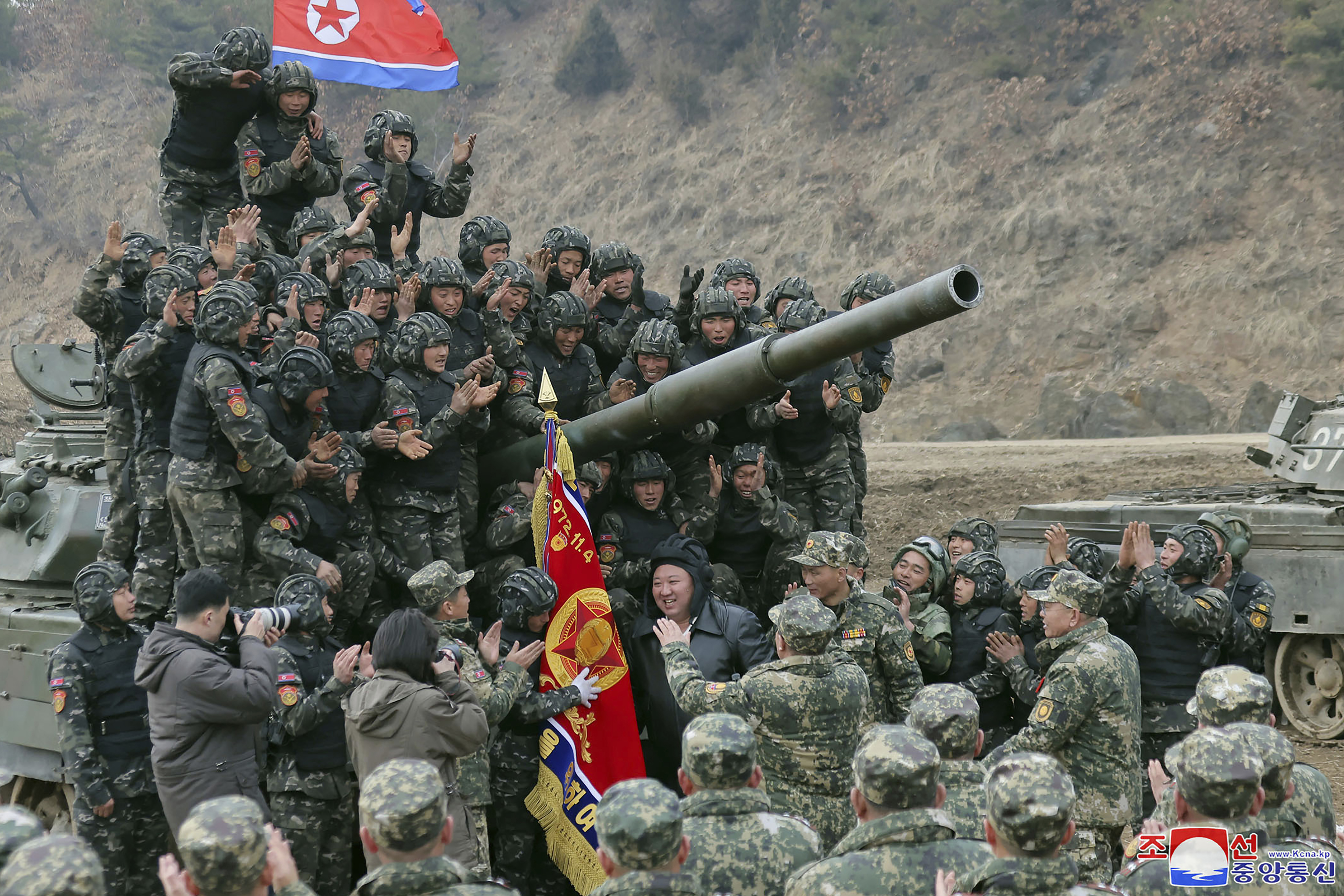 North Korea confirms that it sent troops to fight for Russia
North Korea confirms that it sent troops to fight for Russia
 Trump says Zelenskyy is 'calmer' after their 'beautiful' Vatican meeting
Trump says Zelenskyy is 'calmer' after their 'beautiful' Vatican meeting
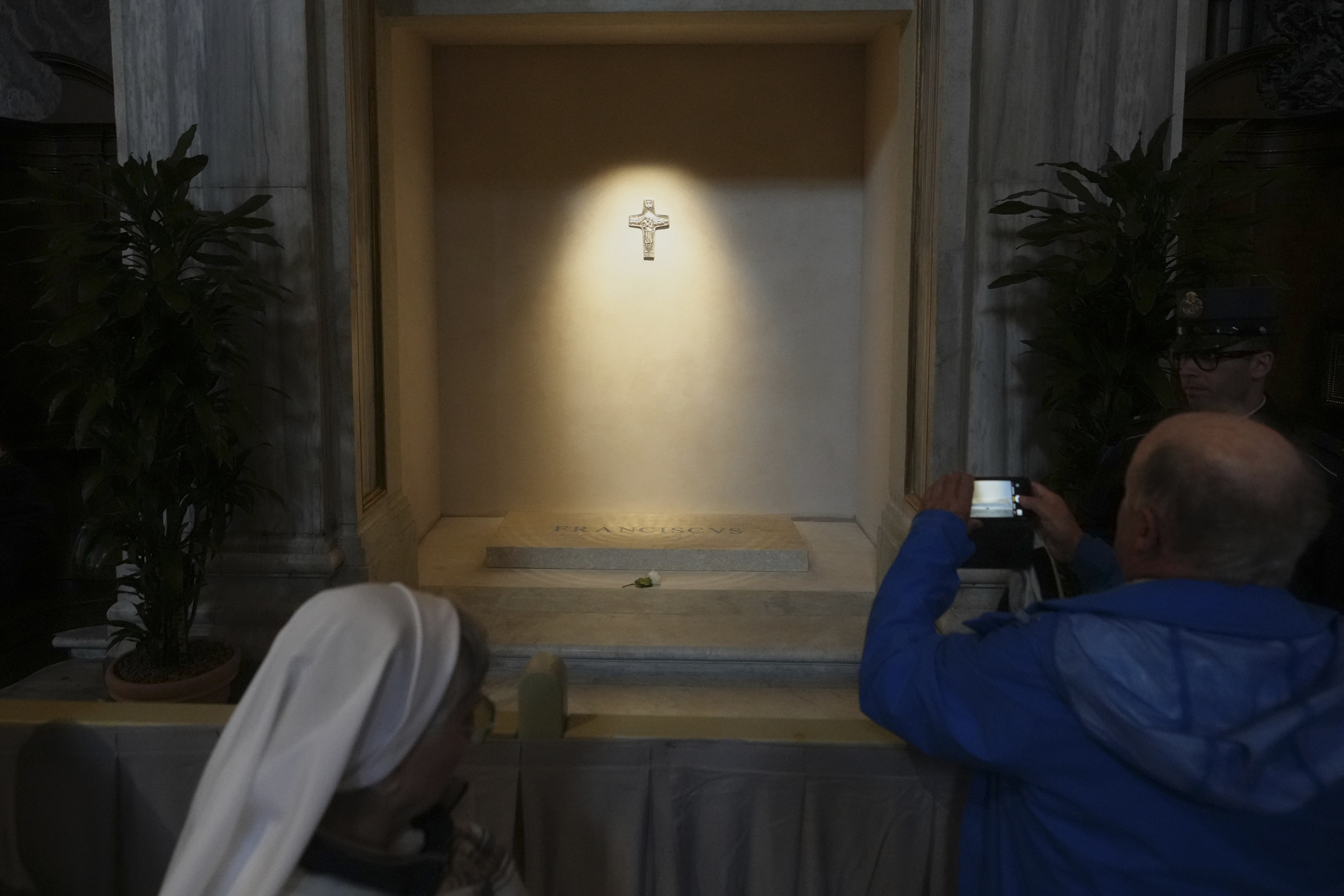 Pope Francis's tomb seen for first time in images released by Vatican
Pope Francis's tomb seen for first time in images released by Vatican
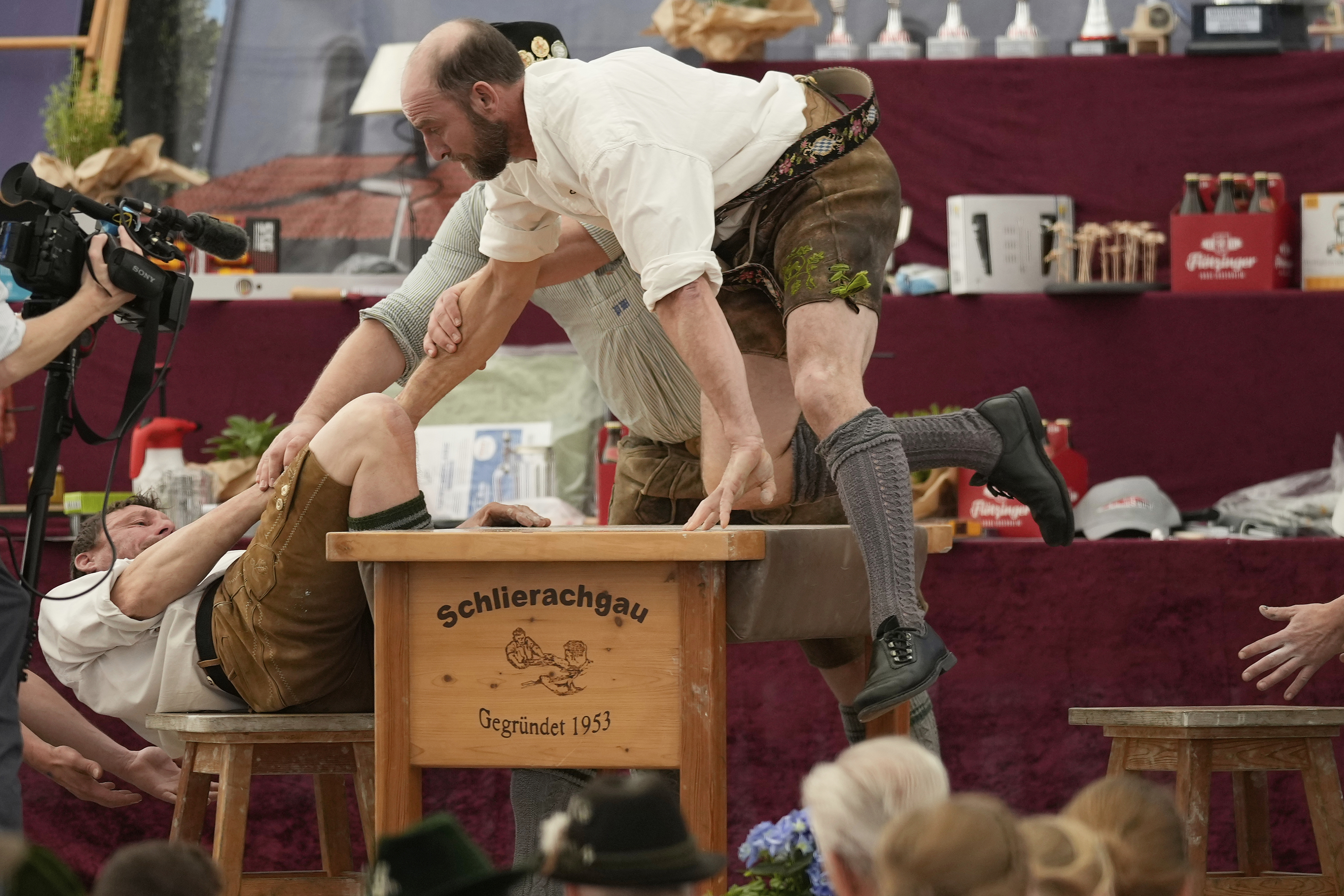 Men launch over tiny tables in the ultimate battle of the strongest finger
Men launch over tiny tables in the ultimate battle of the strongest finger
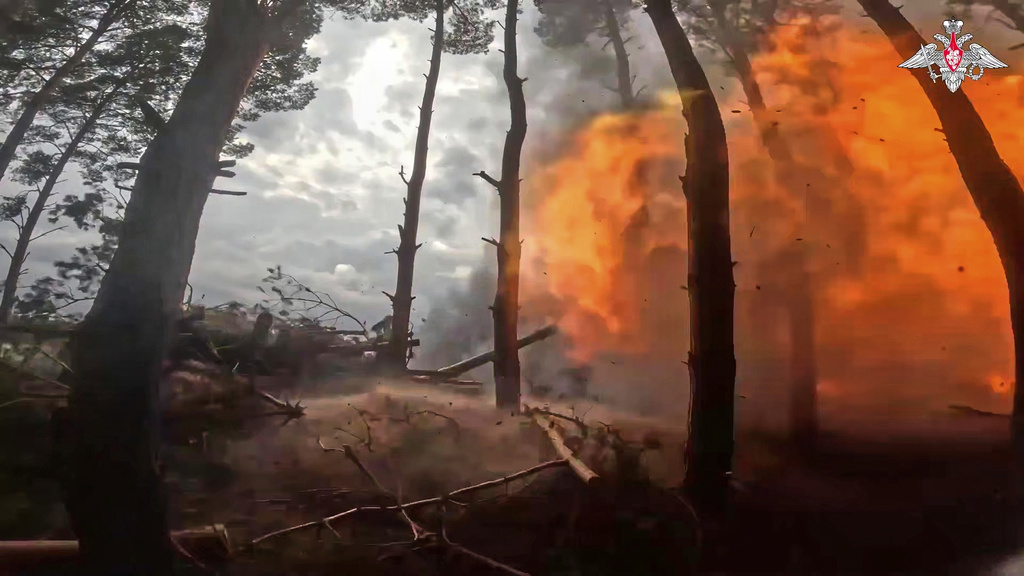 Russia drone barrage after Trump doubts Putin's desire for peace
Russia drone barrage after Trump doubts Putin's desire for peace
 Five charged after brawl at Sydney U7s football game
Five charged after brawl at Sydney U7s football game
 Dutton's bus comes unstuck on bike lane in Sydney's CBD
Dutton's bus comes unstuck on bike lane in Sydney's CBD
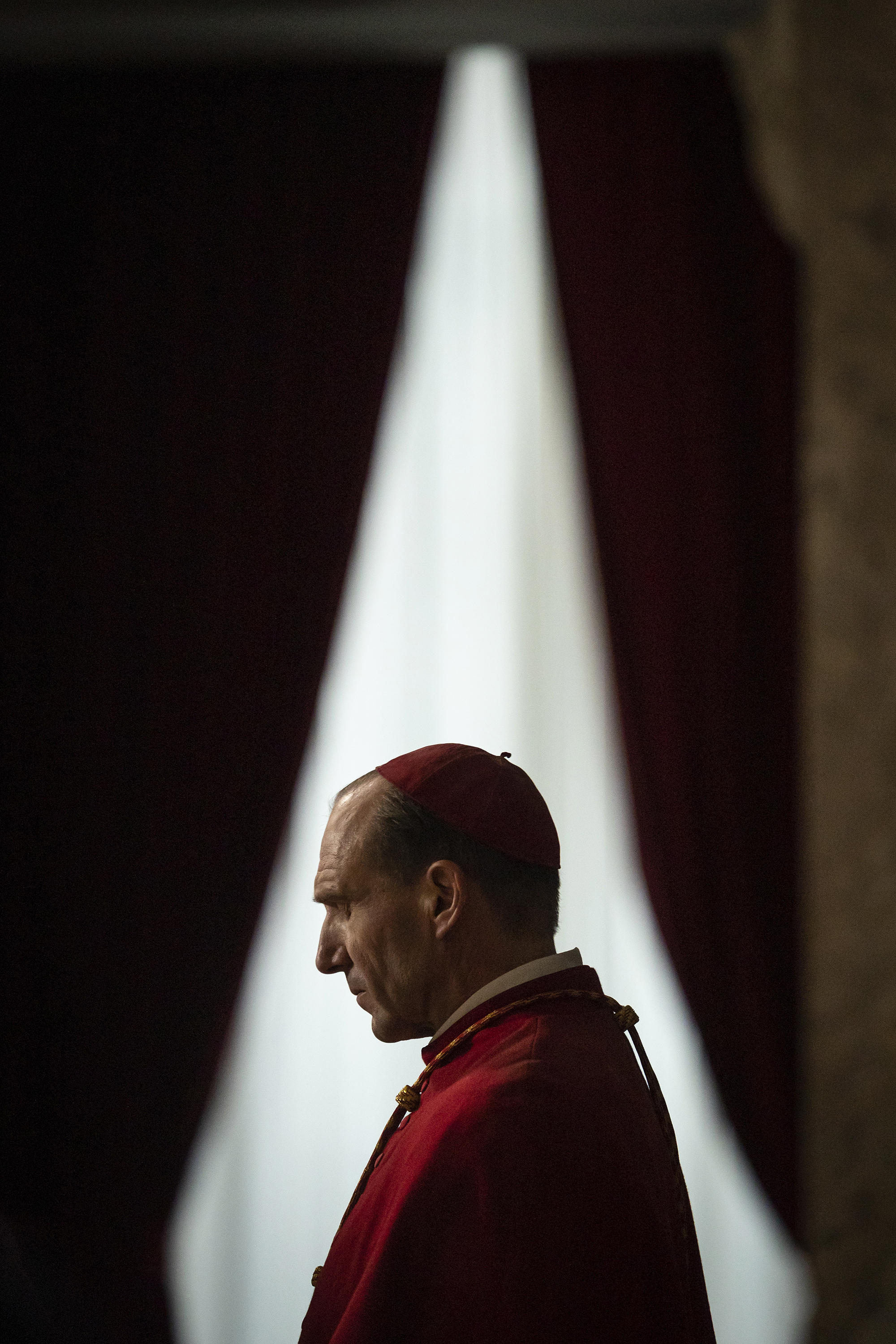 What Conclave gets right - and wrong - about choosing a new pope
What Conclave gets right - and wrong - about choosing a new pope




